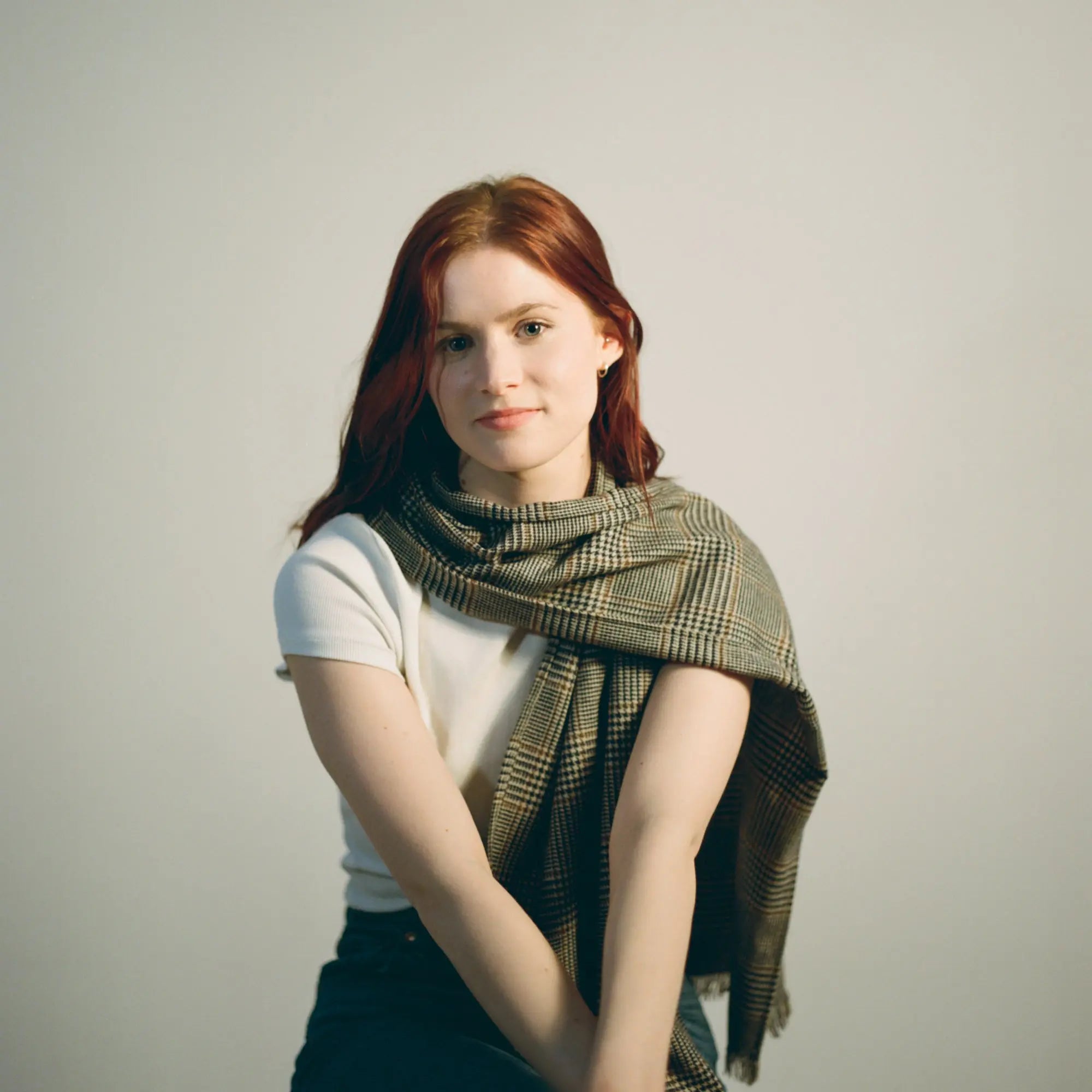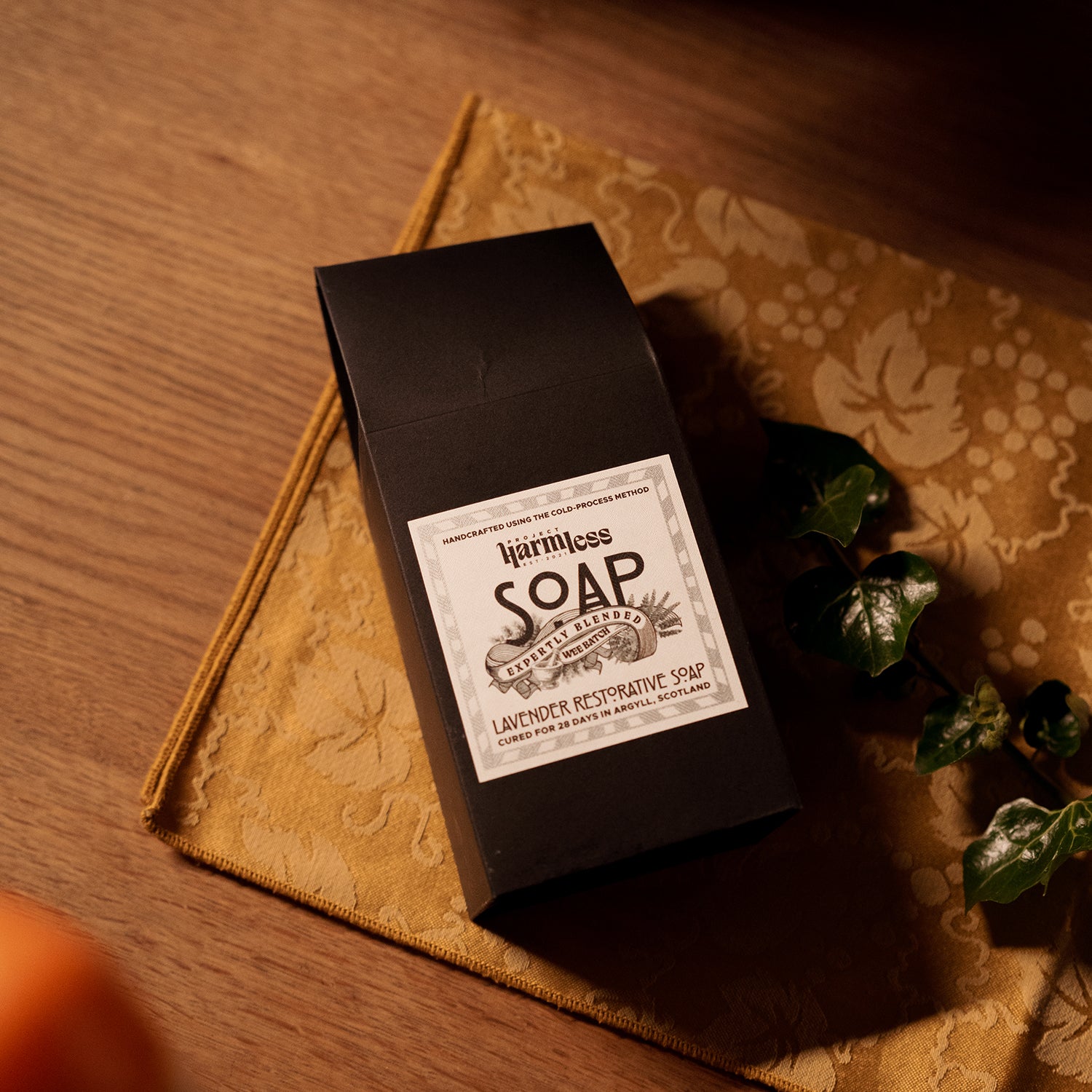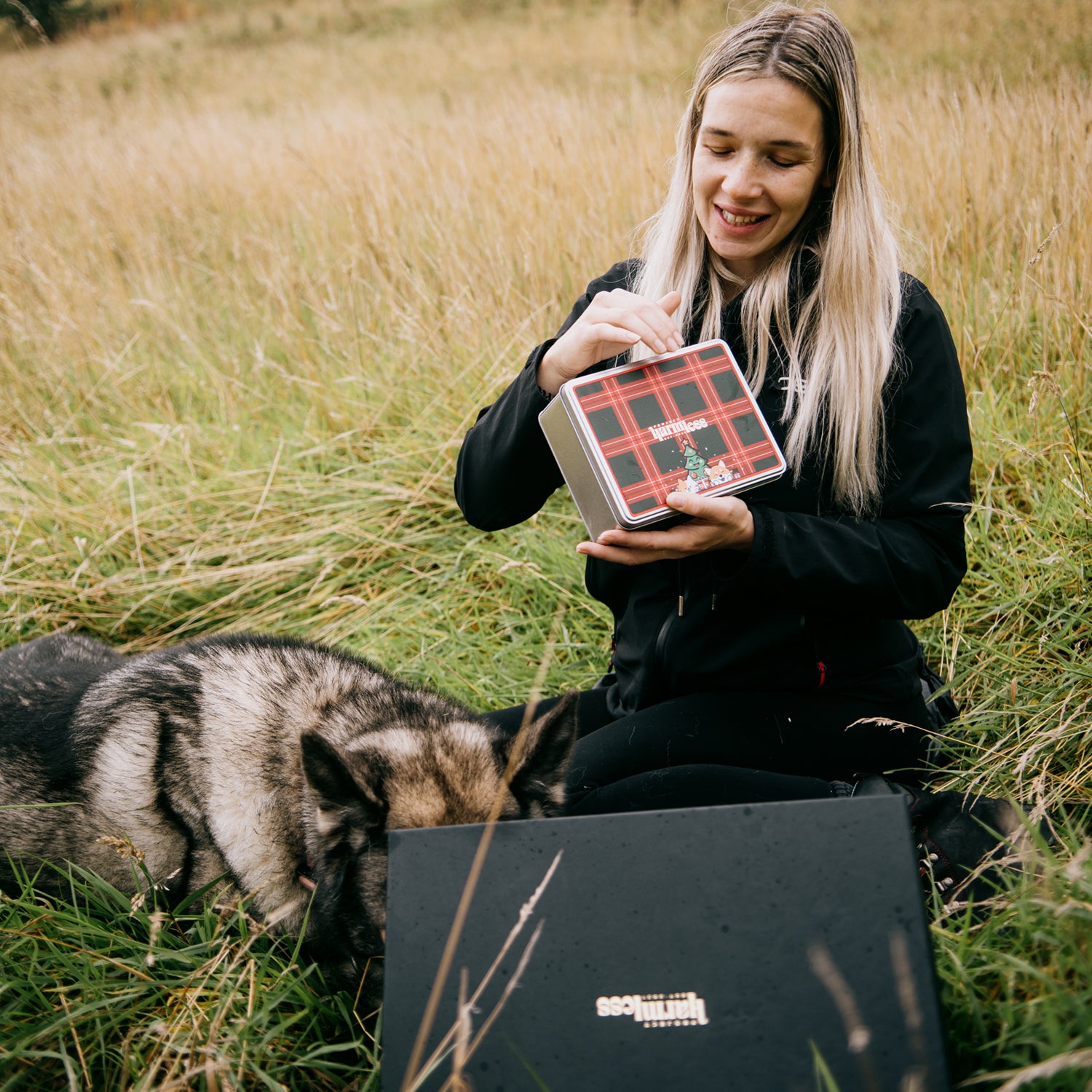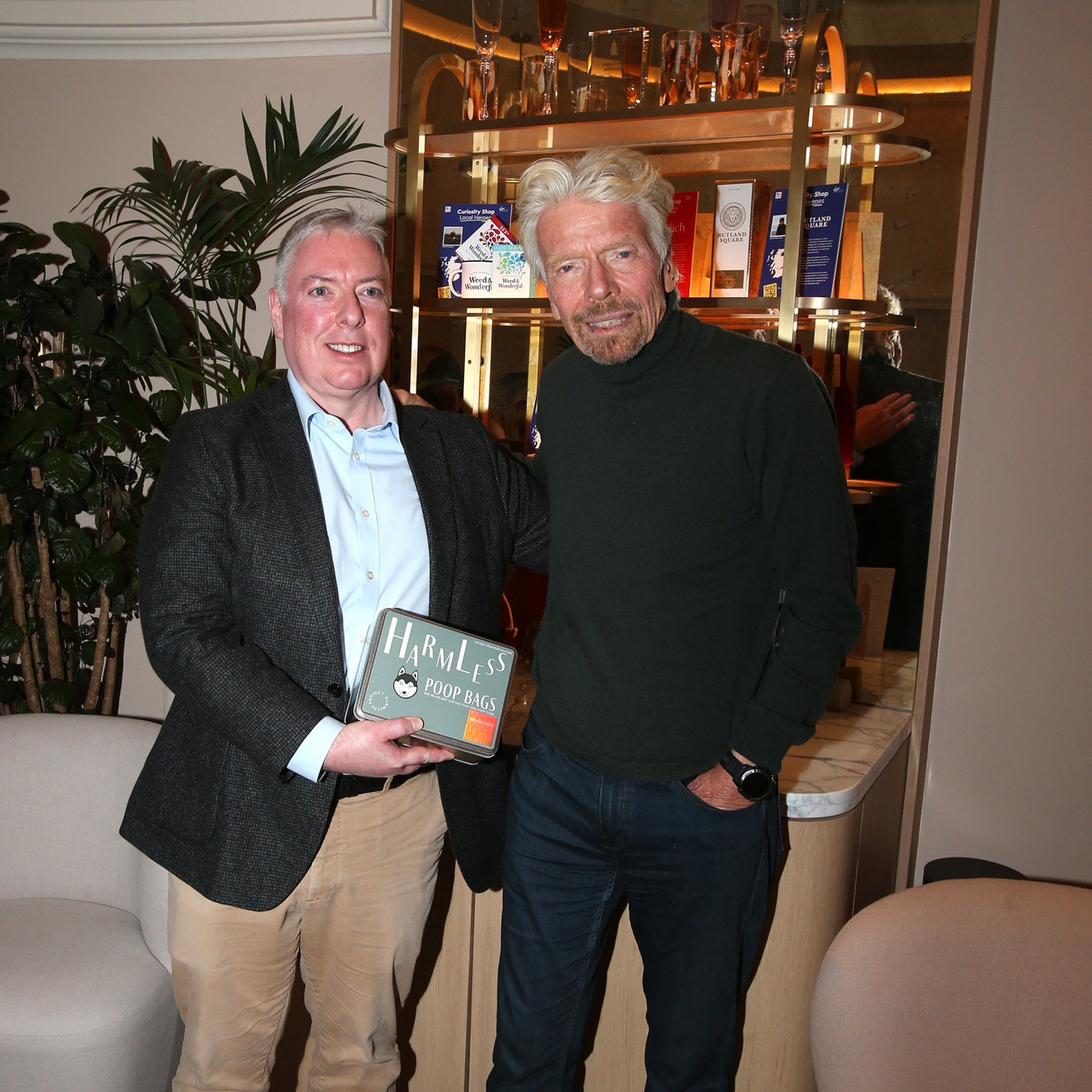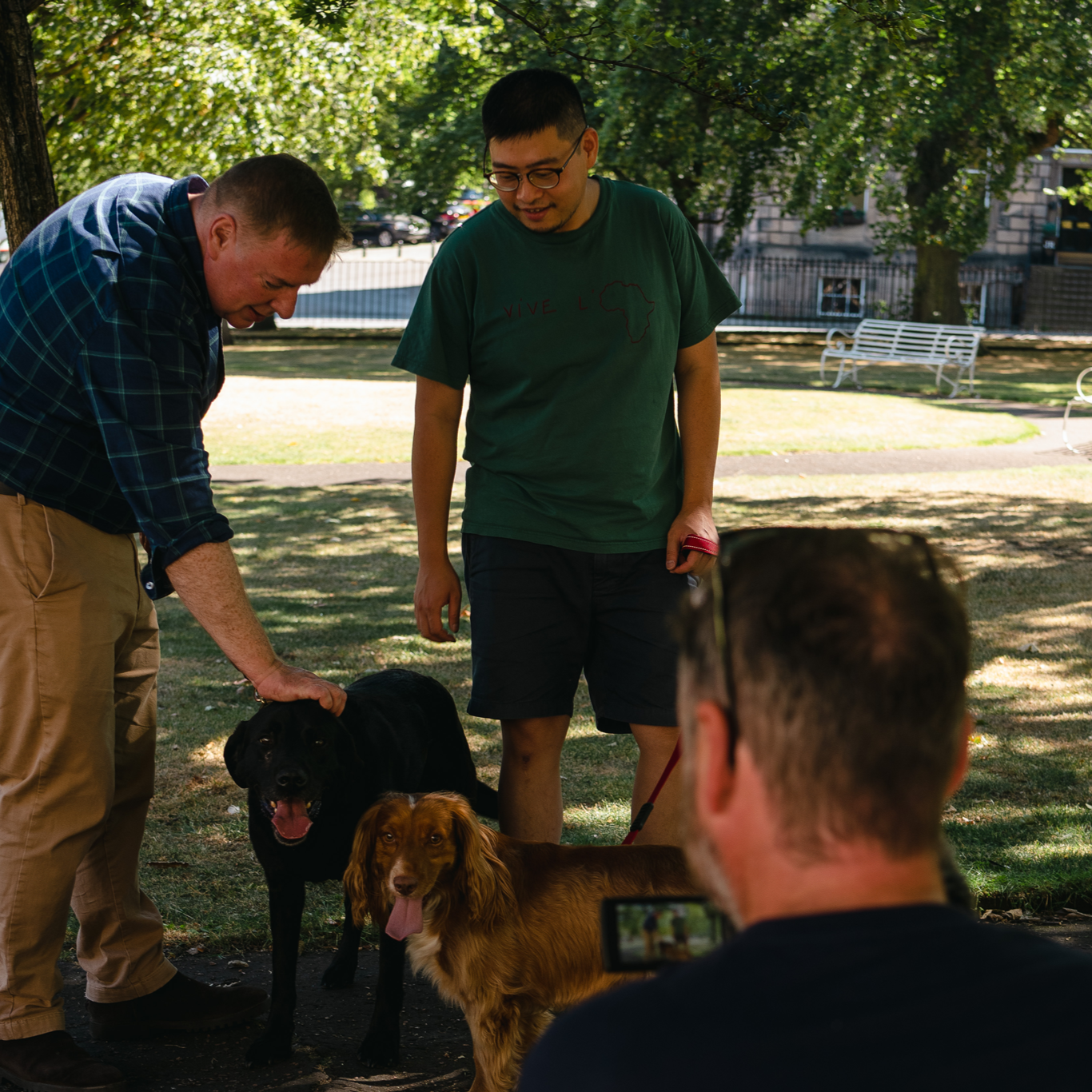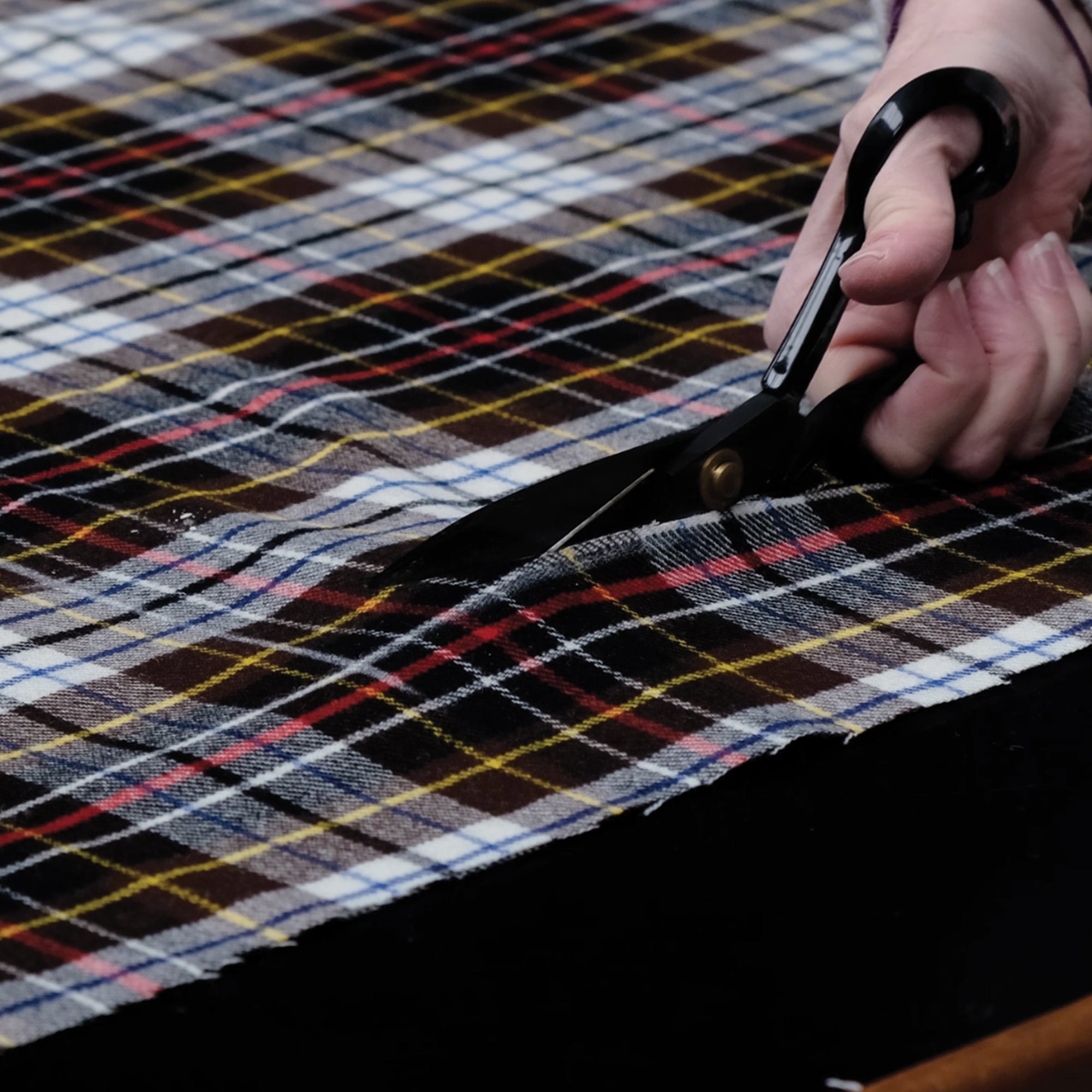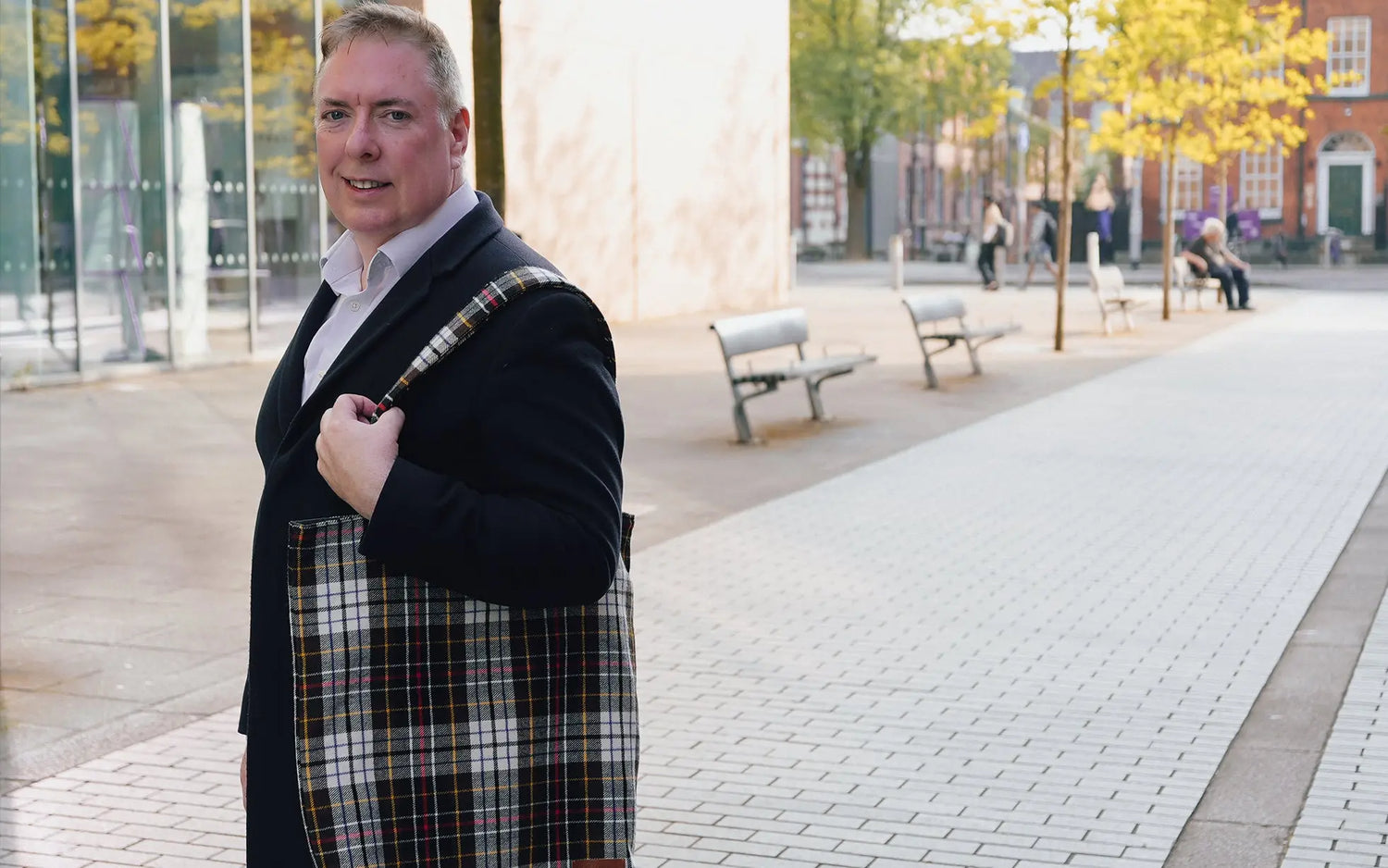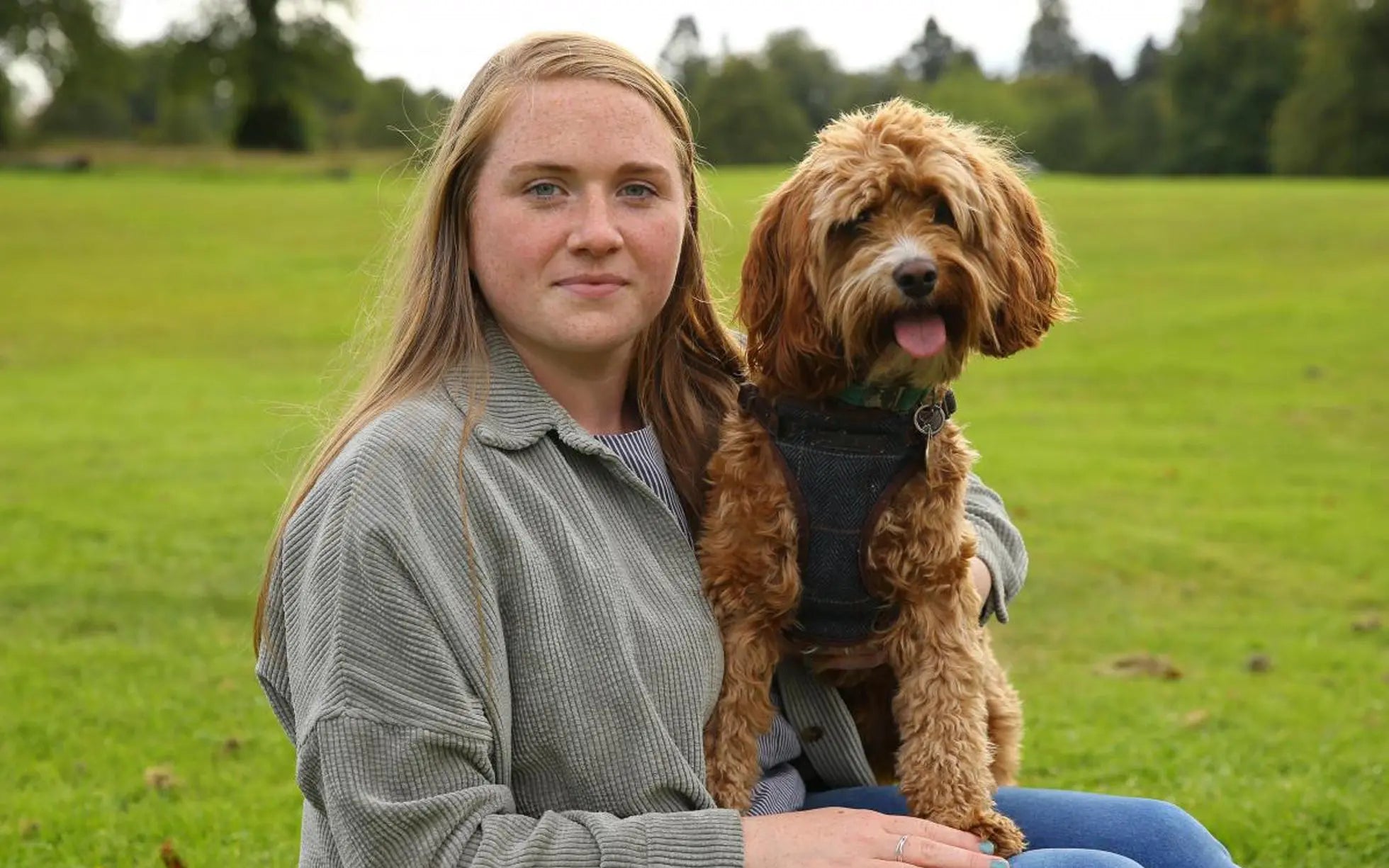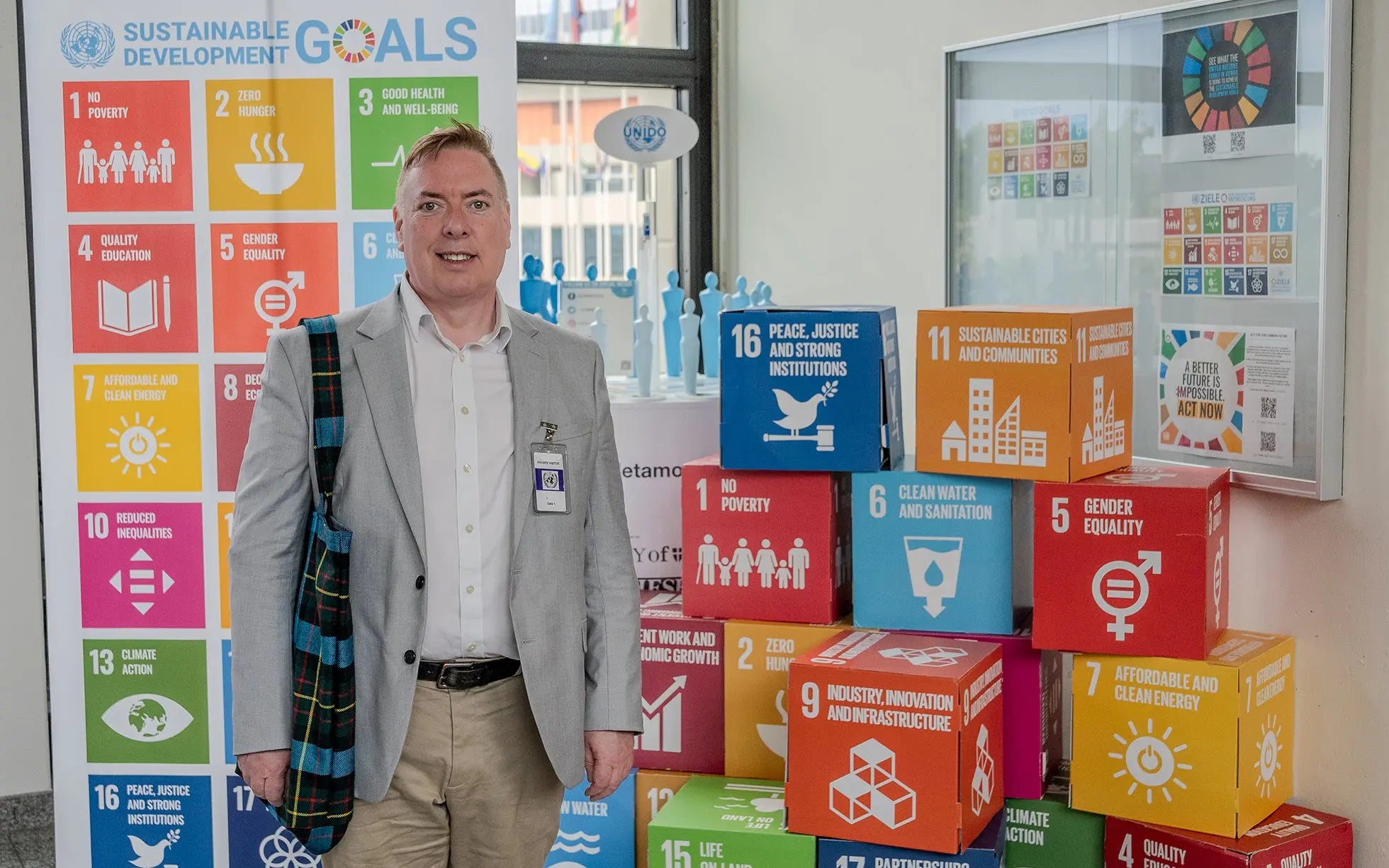An abandoned Commonwealth tartan is all set for an unexpected comeback after it was transformed into luxury fashion accessories more than 50 years after it was commissioned.
As a delayed decision on where the 2026 Games will be held is eagerly anticipated – especially in Glasgow which has been earmarked as the most likely host – the cherished feature of the 1970 Edinburgh tournament is already making a surprise return to the spotlight.
Some 100 metres of the fabric was discovered in storage as ‘deadstock’ in Dumfries and has been transformed into stylish plastic-free tote bags and laptop cases by experts at Project Harmless. https://projectharmless.com/
“I was looking for a tote bag for my mother and couldn’t believe how much plastic was used by a leading high-end designer. Not only that, despite claims about the rich British heritage of the brand, the tote bags I saw were clearly made overseas.
“I thought this just isn’t right, we can do better, so we got our team together and set about making our own,” said the sustainable fashion brand co-founder George Greer.
“That’s why we are proud to say our products are fully handmade in the Scottish borders by local crafts women. They are the most sustainable and environmentally friendly items of their kind; we even use Scottish Highland deer antlers for buttons rather than plastic.”
“We have breathed new life into this gorgeous, but sadly abandoned fabric, 54 years after the Edinburgh Commonwealth Games for which it was designed, avoiding the use of any plastic, into fantastic tote bags and laptop cases.”
George said the company, which has already sold more than 500,000 sustainable, dissolvable dog waste bags, was now on a mission to raise awareness of ‘widespread greenwashing and poor ethical practices in the fashion industry’.
He said: “We use materials including historical or leftover fabric, known as deadstock, rather than pure virgin fabric. In addition to tackle plastic pollution, we use no polyester threads, stiffeners, synthetic fabrics, zips, or plastic of any kind in our items including plastic buttons.
“We also have robust sourcing and manufacturing processes with everything designed and handmade in the Scottish borders, paying significantly above UK National Living Wage.”
“At a time when contractors to major fashion houses Dior and Armani are being investigated for unethical conduct by exploiting Chinese workers in Italy, whilst the renowned brands are being called out for the gross disparity between production costs and retail price, I believe it’s more important than ever to provide consumers with more sustainable alternatives and to challenge both purpose-washing and green-washing in the industry.
Indeed, it’s no surprise that the products included in the recent news reports also contain plastics. We have proven that with creativity, persistence, and skilled craftsmanship, fashion accessories can be created entirely without the use of plastic right here in Scotland. We would love it if leading fashion brands would join us on our mission, and for the media to continue to call out brands which make ethical or sustainable claims which aren’t true.
The idea for what George and fellow Project Harmless founder, Ka Ho Wong, hail as a groundbreaking fashion brand, came after they researched the industry further and they discovered most fashion items produced worldwide, use plastic of some kind.
George added: "Many fashion brands proudly state their products are made by recycled plastic, however, by blending synthetic fabrics, often made from the plastic bottles with cotton to make shirts, bags or other items, the opposite of sustainability is achieved.
“Put simply, this is not recycling. A plastic bottle can no longer be recycled when a fashion item it has been incorporated into is then discarded.
“Once thrown away, the fashion item, will take 100s of years to degrade, releasing toxins in the process. In fact, textiles account for approximately nine per cent of annual microplastic losses to the oceans. The use of polyester and nylon remains rife, and these are plastic too.
“Another questionable trend within fashion is the increasing use of vegan leather. Sadly, most vegan leathers contain plastic, whilst some are purely plastic!
“Some designers claim they are sustainable and market their British or European heritage, yet almost everything they sell is mass produced overseas using all sorts of plastic," says George.
“The fashion industry is unsustainable today. Most fashion brands place profit before purpose, not only damaging the environment, but also contributing to many human rights violations in developing countries.”
To ensure every tote bag and laptop case is completely plastic free, Project Harmless only uses natural treads and organic woven cotton labels. But the attention to detail doesn’t end there.
“I wanted to add a button, but almost all 25 billion buttons being produced each year are made of plastic, which will not break down for hundreds of years in the environment. So, I decided to use locally handcrafted antler buttons. Deer antler is the fastest growing bone in the mammalian kingdom. They regrow each year and can be simply collected from the ground.
“Our team can only make 100 tote bags from the deadstock we have. But we have already identified and sourced other historic fabrics.”
A limited-edition Project Harmless 1970 Commonwealth Tartan Tote costs £240, which Ka Ho says compares well against luxury brands varieties, the majority of which will have a higher price point, contain plastics, and are made overseas in unlimited quantities.
The Project Harmless team hopes to collaborate with other ethical fashion designers to make plastic-free fashion mainstream.
“I want this tote bag as a means to help address human rights violations in the industry, to tackle plastic pollution, and to contribute to the UK economy.”

Environmental scientist, Laura Young, who is collaborating with Project Harmless to raise awareness and unlock more sustainable fashion choices said: “Often people don’t fully understand the impact of fashion on the environment, society, and economy. Project Harmless offers a solution driven approach to fashion and can be a catalyst for real change.”

To learn more about Project Harmless Fashion, visit: Harmless Fashion
To learn more about the 1970 Commonwealth Games collection, visit: 1970 Commonwealth Games Collection


